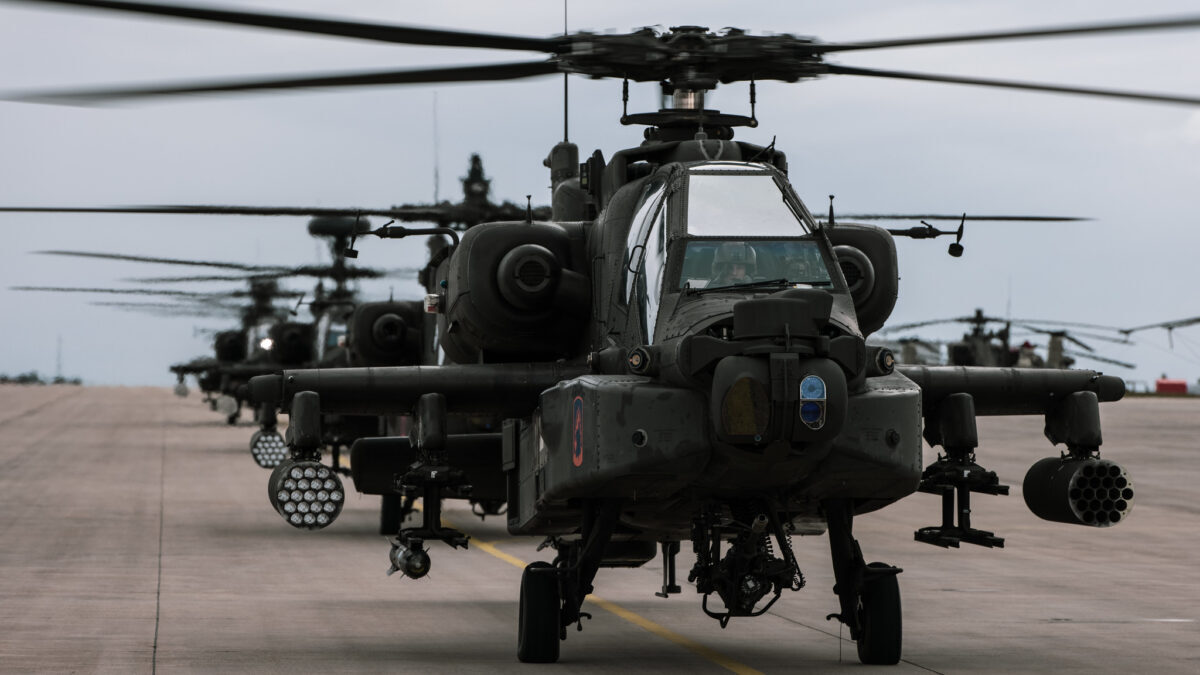Beslutningen om at gå i krig var Ruslands, og Rusland har det endelige ansvar for, hvad der sker nu. Men det fritager ikke Vesten for dets strategiske inkompetence og selvtilfredshed, og det betyder ikke, at USA og dets allierede er skyldfrie i alt dette.
På flere punkter op til den nuværende krise var der måder, hvorpå USA og Europa kunne skabe off-ramper for både Moskva og Kiev, for at sikre en forhandlet løsning, så begge sider fik et minimum af, hvad de havde brug for, og nogle af hvad de ønskede.
Kommentar: Delvist oversat af Sott.net fra The West could have prevented the Russo-Ukrainian war, but chose not to
What might that have looked like? For Moscow, a recognition of its strategic claim on Crimea and the port of Sevastopol as the home of its Black Sea Fleet. For Kyiv, the promise of political independence and greater integration with Europe in exchange for territorial concessions.
The West should have also considered the folly and recklessness of floating the idea of NATO membership for Ukraine, something no serious person ever thought Russia would accept without going to war to prevent it. And yet as far back as 2008, the United States openly discussed the possibility of Ukraine's membership in NATO, even as Kyiv still claimed sovereignty over Russia's most important naval base in Sevastopol. Under these conditions, the idea of Ukraine joining NATO was preposterous.
Instead, for years now the West has encouraged Ukraine to take a hard line on Russia, with false promises that the U.S. and NATO would stand up to Moscow and defend Ukraine when it came down to it, or that Ukraine would become a NATO member and thus secure its untenable borders.
As the political scientist John Mearsheimer argued back in 2016, the West has been leading Ukraine "down the primrose path, and that the end result is that Ukraine is going to get wrecked. ... What we're doing is encouraging the Ukrainians to play tough with the Russians. We're encouraging the Ukrainians to think they will ultimately become part of the West, because we will ultimately defeat Putin and we will ultimately get our way, time is on our side."
That encouragement — false encouragement, as it turns out — made the Ukrainians unwilling to compromise with Russian or consider Russian demands that were not unreasonable, given the historically unique circumstances of modern Ukraine's borders and the problems those borders have always presented.
What's more, the West's encouragement of Ukraine did not match up with the West's policies toward Moscow. You don't tacitly commit to defending Ukraine from Russia while simultaneously making your nation energy dependent on Russia, as Germany and other European powers have done over the past decade, or flood your financial sector with billions from Russian oligarchs, as London has done.
The Biden administration not only encouraged European energy dependence on Russia (by waiving sanctions on the Nord Stream 2 pipeline last May) but substantially contributed to it by reversing the Trump administration's achievement of U.S. energy independence. As my colleague Tristan Justice explains, President Biden's energy policies have taken away the ability of the U.S. and its allies to sanction Russian oil exports, a key source of the Kremlin's wealth:
From Russia, the United States still imports nearly 600,000 barrels of oil every day. In contrast, the Keystone XL Pipeline Biden shut down was supposed to transport 830,000 barrels at peak capacity. Biden didn't sanction the Russian energy sector, because he couldn't have. Trump could have, and probably would have."All of this adds up to an historic failure by the West. For many years, the U.S. and its NATO allies knew that revisionist powers like Russia and China were unhappy with the post-Cold War international order, determined to revise it according to their strategic ambitions. It was up to the West, and especially the United States, to ensure that those attempts at revision did not take the form of all-out war, either on the European continent or in Asia.
Already, though, we see Beijing extending a hand to Moscow, calling for negotiations that could at this point only end with Russia achieving its strategic aims in Ukraine.
Simply put, the West has not done what is necessary to preserve the U.S.-led international order, and now that order is unraveling in real time.
John Daniel Davidson is a senior editor at The Federalist. His writing has appeared in the Wall Street Journal, the Claremont Review of Books, The New York Post, and elsewhere. Follow him on Twitter, @johnddavidson.




Læserkommentarer
dig vores Nyhedsbrev